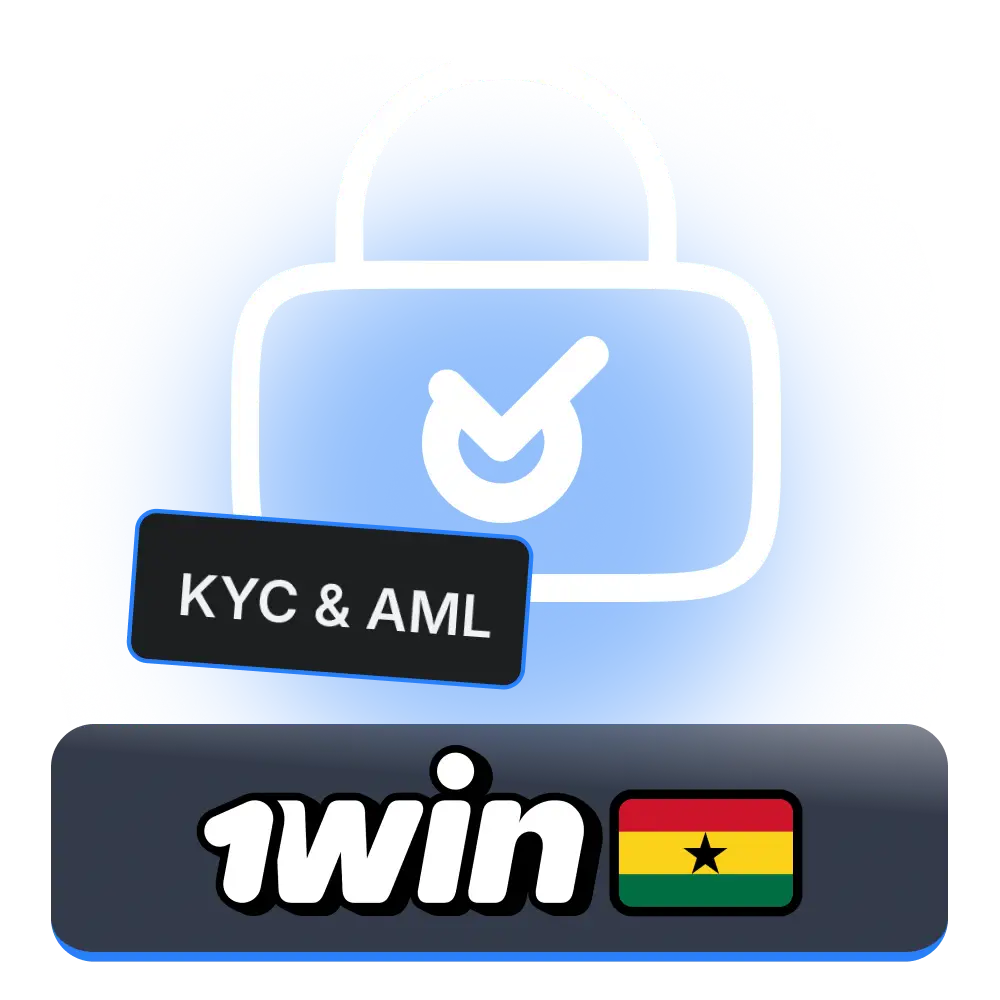1Win KYC & AML Compliance
Security is more than just one of the services at 1Win, it’s a core principle. To protect players and meet international standards, we follow strict KYC (Know Your Customer) and AML (Anti-Money Laundering) policies. These measures are in place to prevent money laundering, terrorism financing, and any other illegal activities.
If there’s reason to believe that deposited funds may be linked to unlawful operations, we are required to notify the relevant authorities, freeze the account, and act according to AML regulations. In Ghana, 1Win KYC is not only about compliance with our platform’s regulations, but also a safeguard for your winnings, your data, and the integrity of the platform.

Money Laundering
Money laundering is the act of hiding the true source, location, or ownership of funds gained through criminal activity, or exchanging them for assets to make them appear legitimate. It may also involve helping others avoid the legal consequences of such activities. These crimes can be carried out domestically or across borders.
To combat this, countries worldwide, including Ghana, enforce strict laws to block criminal funds from entering the economy. 1Win supports these efforts with internal regulations, special monitoring programs, and close cooperation with international organisations.
We reserve the right to monitor all transactions, block suspicious operations, and, if necessary, report them without informing the user. Our AML procedures apply to all players and are designed to protect honest users while keeping the platform safe from abuse.
Verification
Completing KYC 1Win is a legal requirement and an important part of ensuring a secure gaming environment. This process confirms your identity, verifies the source of your funds, and prevents unauthorised use of the platform. To meet AML obligations, we may ask for:
- Full name;
- Residential or registration address;
- Source of deposited funds.
To verify these details, you might need to provide:
- A valid passport, national ID, or driver’s license;
- Proof of address, like a recent utility bill no older than three months;
- A bank or card statement linked to your payment method, which is no older than six months.
Verification can take place both during registration and later, depending on your account’s activity and risk level. All identification documents and transaction records are securely stored according to our internal AML policy.
Updated:
